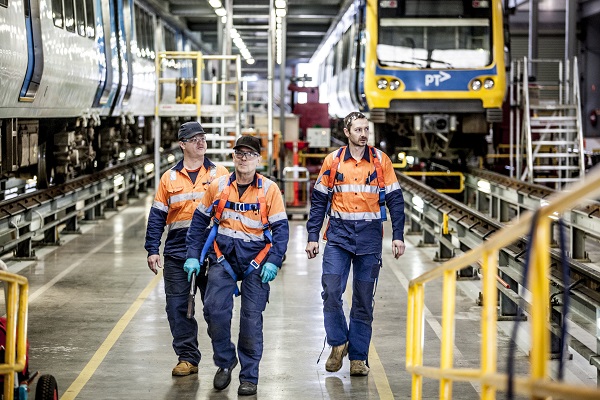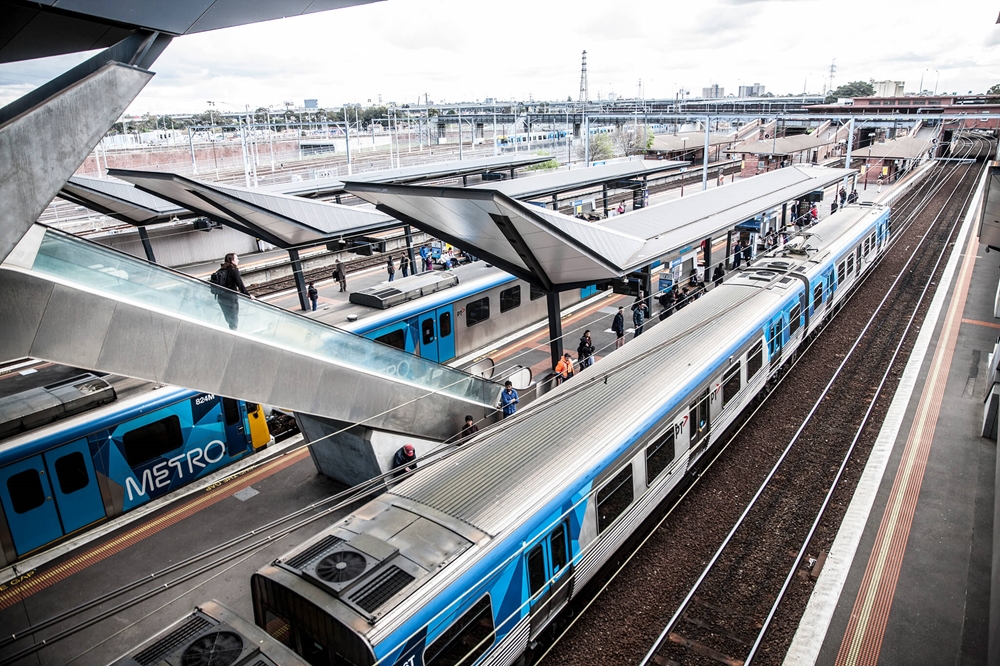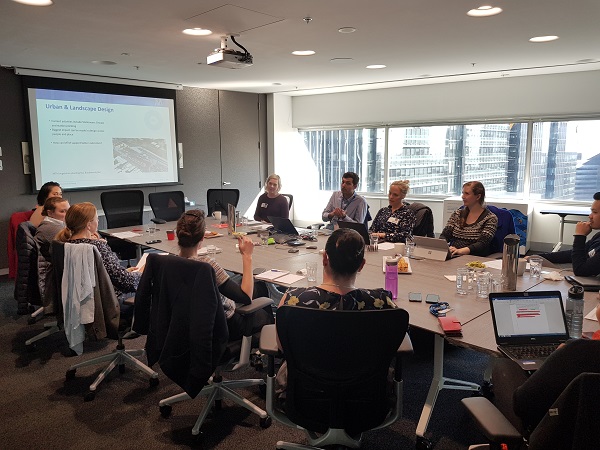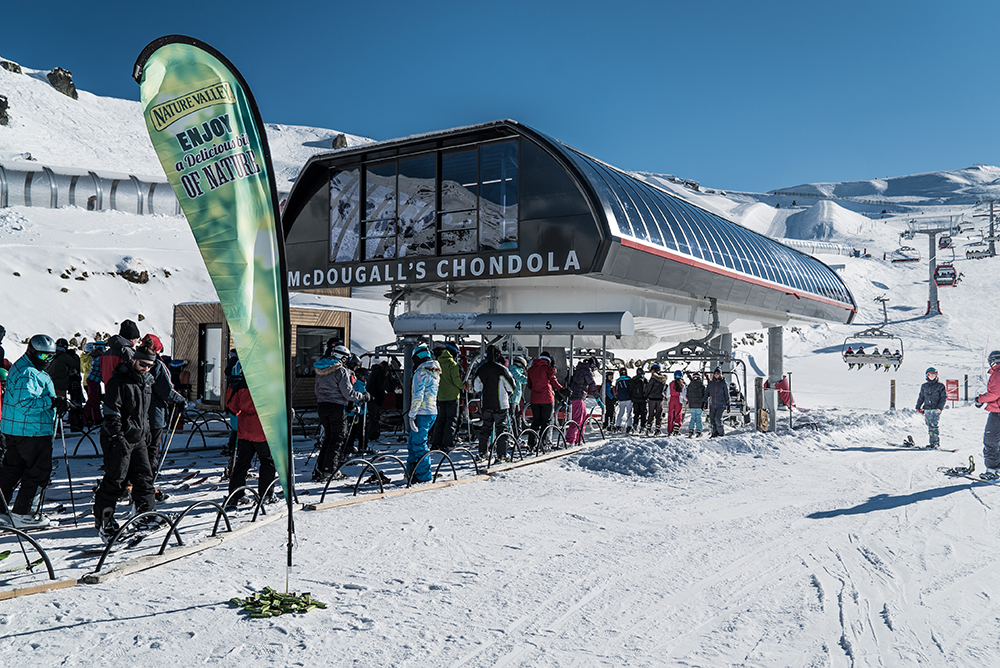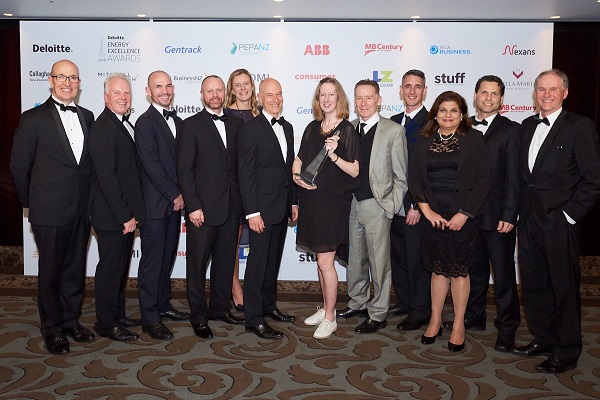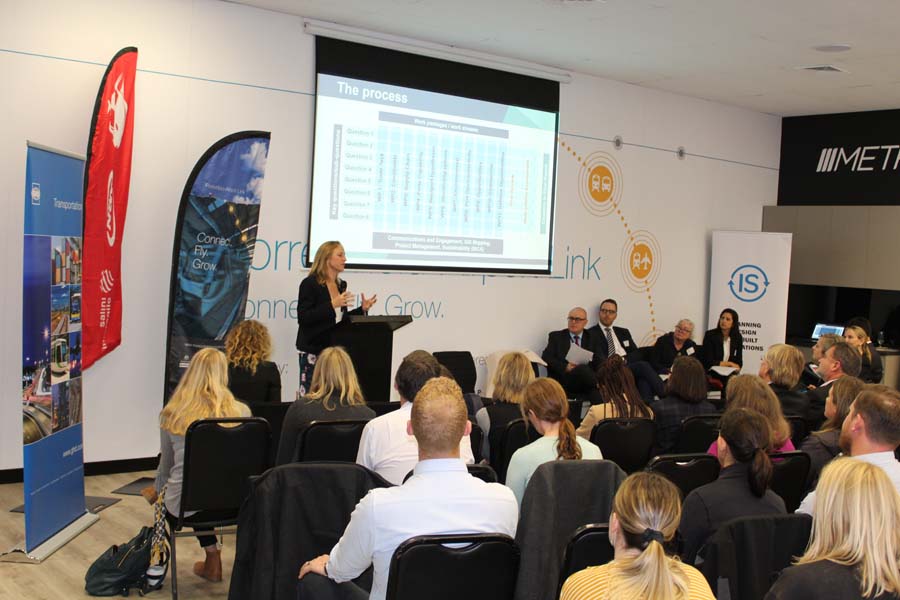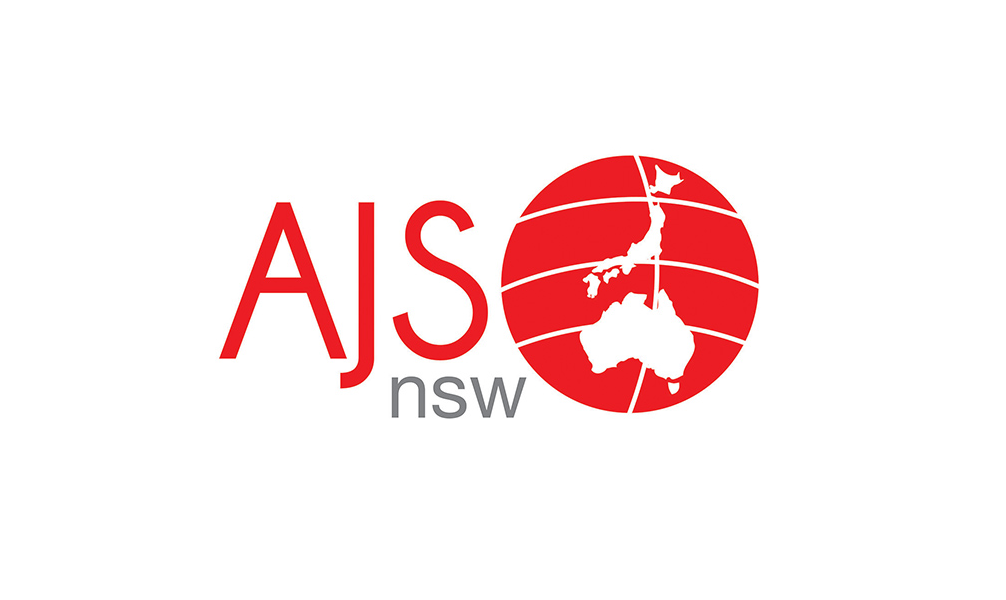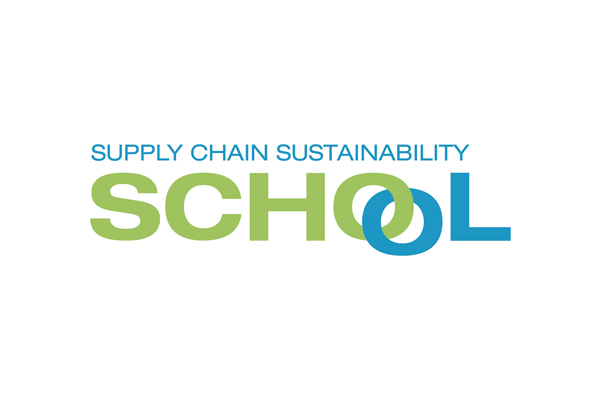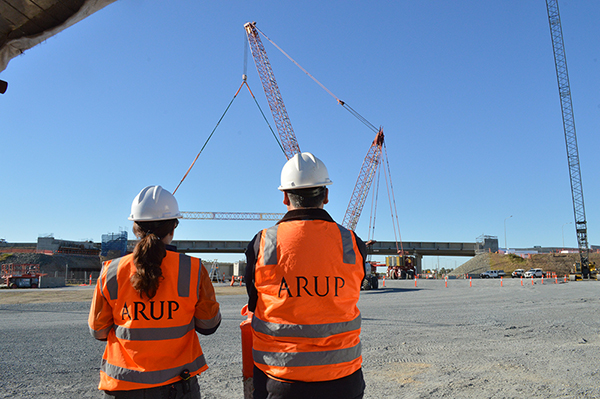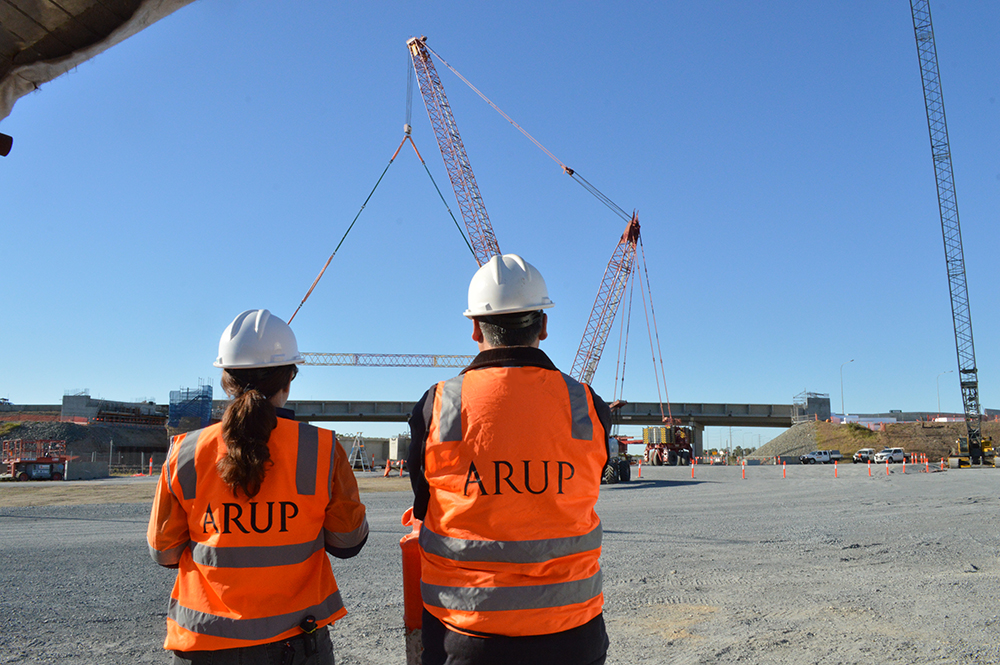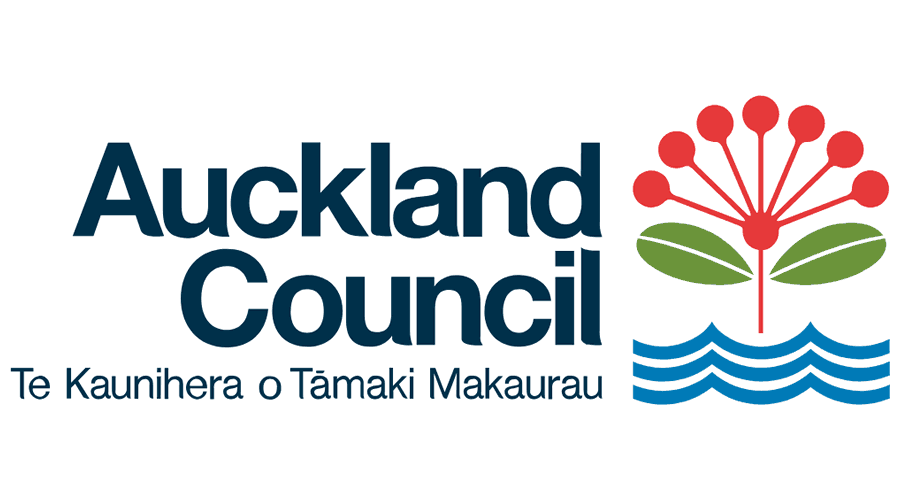
Scott Point Sustainable Sports Park
Article taken from the 2018 ISCA Impacts Report
In the next few years 20,000 new residents are expected to call Scott Point and neighbouring Hobsonville home. At the heart of the new development will be the Scott Point Sustainable Sports Park, an Auckland Council initiative to build New Zealand’s first fully sustainable sports park.
The Place
Scott Point Sustainable Sports Park (SPSSP) occupies part of the Scott Point peninsula in the upper reaches of the Waitematā Harbour, northwest Auckland. The Scott Point area is transforming from a peri-urban landscape to a new urban settlement. Together with the adjacent Hobsonville Point it is expected the park will serve upwards of 20,000 residents in the near future.
The significance of Scott Point is deeply held in the historic, traditional, cultural and spiritual relationships of mana whenua (Maori authorities) to the area.
The land has most recently been used for horticultural and grazing activities. Many of the landscape features relating to this use are still present but will be removed to make way for the park. Opportunities exist to retain and re-purpose some elements to provide a trace of past activity, contributing to an enhanced sense of place and sustainable use of resources.
As a community facility, the park will be governed by the Upper Harbour Local Board, who is proud to support the development and the benefits it will offer.
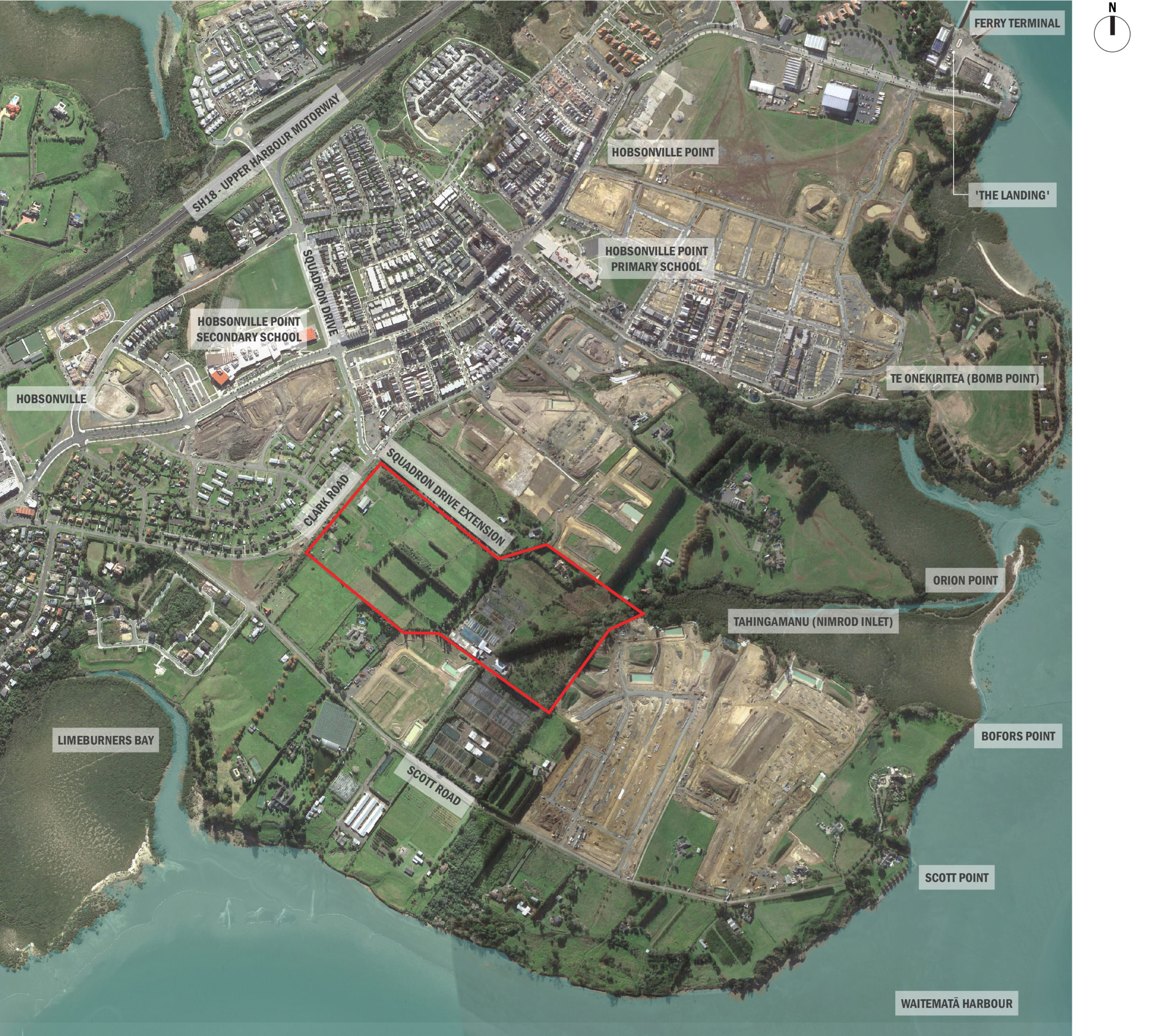
Vision
To create a cutting edge sustainable park at Scott Point that the community are proud of.
“The sports park truly embodies the realisation of Auckland Council’s vision of an Auckland that celebrates our diversity and cultural richness, enhances and cares for our outstanding environment, and leverages our innovative nature.”
Lisa Whyte, Upper Harbour Local Board Chair
The Project
Scott Point Sustainable Sports Park is a 16.4ha area of land in the northwest of Auckland that is about to be transformed from a rural landscape to a public park to meet the needs of a new community.
Auckland Council engaged WSP Opus (formerly Opus International Consultants) to create a detailed master plan, working with senior council team members to deliver on the vision. The project began late 2016, with next stage detailed design to be undertaken in 2018, and construction expected to commence in early 2019.
Development of this park is no ordinary feat. Scott Point is set to become the first fully sustainable park in New Zealand. Auckland Council is embarking on this project as a flagship for the future sustainable provision of parks. It will help steer the future course of design, development, management and governance of parks across Auckland in a way that responds to the urgent needs of our planet for sustainable custodianship.
Auckland Council’s Service Principles have informed the development of the master plan. These include: Resource sustainability; Community equity and belonging; Re-wilding; Team and co-design; and Standards and outcomes.
The park will comprise three main areas: an area for sports and active recreation, an informal recreation area, and an area of ecological restoration and conservation. Each is defined by the geography of the site. Natural landforms are retained and earthworks minimised.
The process of imagining and projecting a flagship sustainable park has involved extensive engagement with mana whenua, key stakeholders and specialists.
DESIGN LED
A design-led approach has been employed to guide the project toward robust and integrated outcomes. A design-led ideology ensures that all decisions are motivated by design considerations – whether functional or aesthetic, and places people at the heart of decision-making. With such an approach to master planning, the park will ensure it contributes to a rich and vibrant sense of place and continues to build a legacy for the Scott Point community.
IWI ENGAGEMENT
Collaboration with Ngā Maunga Whakahii o Kaipara and Te Kawerau Iwi Tribal Authority has been integral in the concept development to ensure that Māori values and principles are embedded. Involving the community and other key stakeholders has ensured the needs, desires and aspirations of those who will grow to use and love this place are considered in the design outcomes.
STAKEHOLDER ENGAGEMENT
Community engagement has enabled the needs and aspirations of the future users of the park to be taken into account in the design of the park.
Elected members and officers of the council have provided the policy framework and scope definition to ensure the park meets the needs of a new community while fulfilling the key objectives of sustainability.
INVESTIGATIONS
Comprehensive site investigations have been undertaken by experts in order to understand the existing conditions and opportunities for sustainable development.
INFRASTRUCTURE SUSTAINABILITY RATING
Auckland Council is using the Infrastructure Sustainability Council of Australia Infrastructure Sustainability rating tool (ISCA:IS tool) to incorporate sustainability across the design and construction of the park. This is the first time the tool has been used in New Zealand for a park project. ISCA considers performance across six themes: People and Place, Using Resources, Emissions Pollution & Waste, Ecology, Innovation, and Management & Governance.
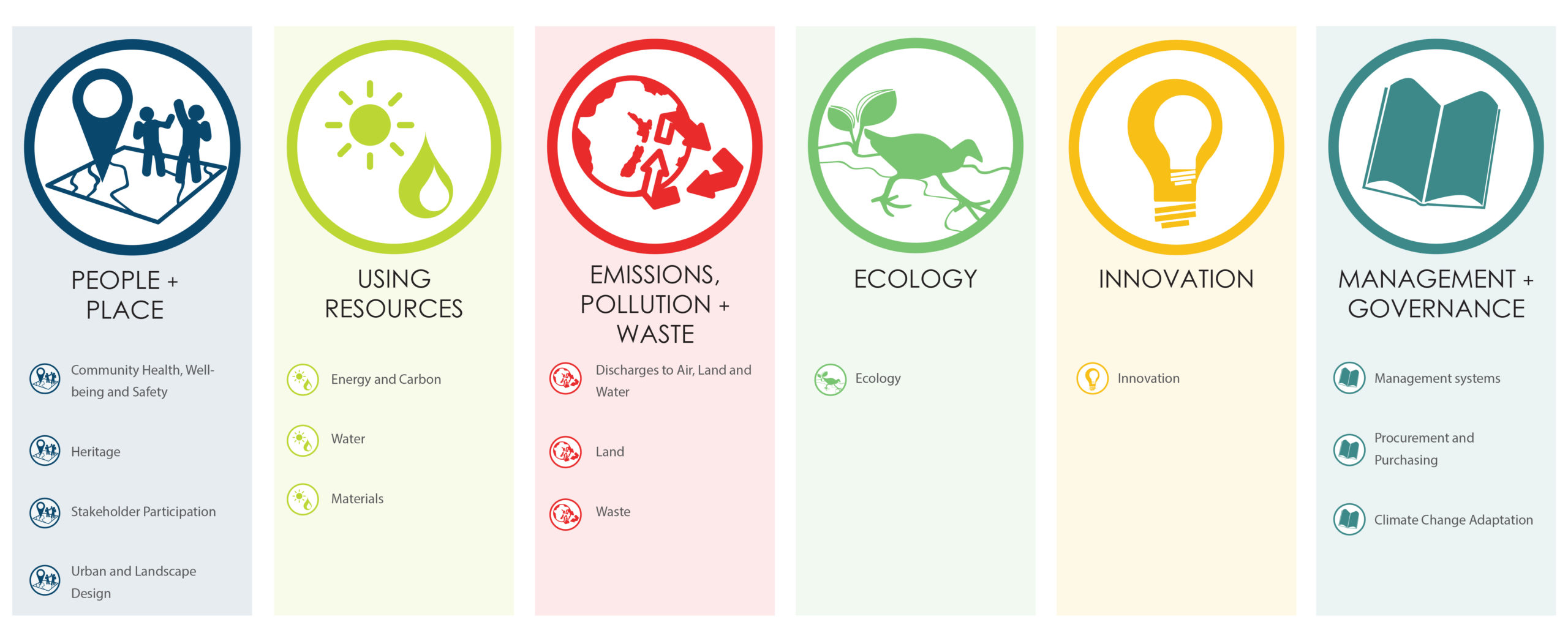

THE MASTER PLAN
The master plan is the first major milestone in the process of delivering SPSSP.
Objectives:
- Describe the vision for a sustainable sports park at Scott Point
- Identify the process in developing the design of the park
- Show how the design is responsive to Iwi requirements and community wishes and aspirations
- Build an understanding of the potential of the park and its ability to catalyse benefits beyond the site itself
- Establish a blueprint to be taken through the next phases of the project.


Sustainability Features
Scott Point Sustainable Sports Park will embrace sustainable technologies to promote renewable energy, minimise waste, reduce reliance on potable water, minimise carbon emissions and optimise carbon sequestration. The park represents a pilot project for Council to rollout across Auckland city and will set a precedent in the development and design of park space in New Zealand. The Council’s aim is to achieve the highest ISCA:IS rating with a ‘leading’ level of accreditation (awarded at the completion of the project).
Renewable energy such as solar panels, wind turbines and kinetic energy is harvested and used on the site providing a ‘closed energy loop’. Provision for sustainable transportation to, from and around the site, like public transport, electric vehicles and e-bikes, has been included.
Sports fields require a lot of water. As such, best practices and innovative products for stormwater capture, treatment and reuse will minimise maintenance and use of potable water for irrigation.
Stormwater captured from sports fields and impermeable surfaces such as roof tops will be cleansed, stored and reused to irrigate turf and planted areas.
Solar panels on roof tops to assist in power supply of the Covered Courts, Epi-Centre and other park services.
Kinetic energy generation incorporated into play equipment.
E-bike and e-vehicle charging stations located around the park. An e-bike hire concession within the Covered Courts building will facilitate navigation of the park and Sustainability Trail by e-bike.
Permeable segmental paving units to allow paving extents to be lifted and reused for future renewal projects.
Energy efficient LED lighting for illuminating sports fields.
Wind and solar energy light for park amenity lighting.
Hoggin pathways are the predominant material for the pathway network. The material is permeable and contains significantly less cement content than concrete, and therefore has less embodied energy.
Permeable no-fines concrete is used where hoggin is not feasible and hard paving is required such as sloped pathways, which will allow for the natural percolation of stormwater into the water table. Runoff from impermeable surfaces will be filtered using raingardens or vegetated swales before being utilised or discharged into stormwater infrastructure.
Green roofs, raingardens and vegetated swales to cleanse runoff, negate the need for irrigation and also provide benefits with stormwater retention, evapotransporation, habitat creation, increased biodiversity, and cooling functions.
Passive cooling of buildings through measures such as water rills adjacent to buildings to cool warm air before entering buildings, reducing the need for air-conditioning.
Skate park and BMX pump track equipment allows spaces to be modified to create new courses, and potentially swapped with other sites around Auckland.
Partially re-use inert waste by retaining and ‘upcycling’ existing site features such as the horticultural nursery windbreak posts to provide for historical and cultural features.
Recycling of building materials salvaged from the site, as well as recycling building materials salvaged from other sites, to reduce the carbon footprint associated with new building materials.
Carbon sequestration will be optimised as 7.6ha of the 16.4ha site is revegetated, resulting in atmospheric carbon dioxide being stored long-term over 46% of the park.
Ecological outcomes will be enhanced through the protection of the nationally critically endangered plant species Epilobium hirtigerum, and restoration of native forest ecosystems.
The development of the SPSSP creates an exciting opportunity to showcase how urban parks can play a leading role in environmental sustainability.
Written by
Mark Bowater, Head of Parks Services, Auckland Council (Project Client Lead)
Catherine Hamilton, Principal Landscape Architect, WSP Opus (Project Director)
Kris Bird, Manager Sports Parks Design and Programme, Auckland Council (Project Investigation and Design)


